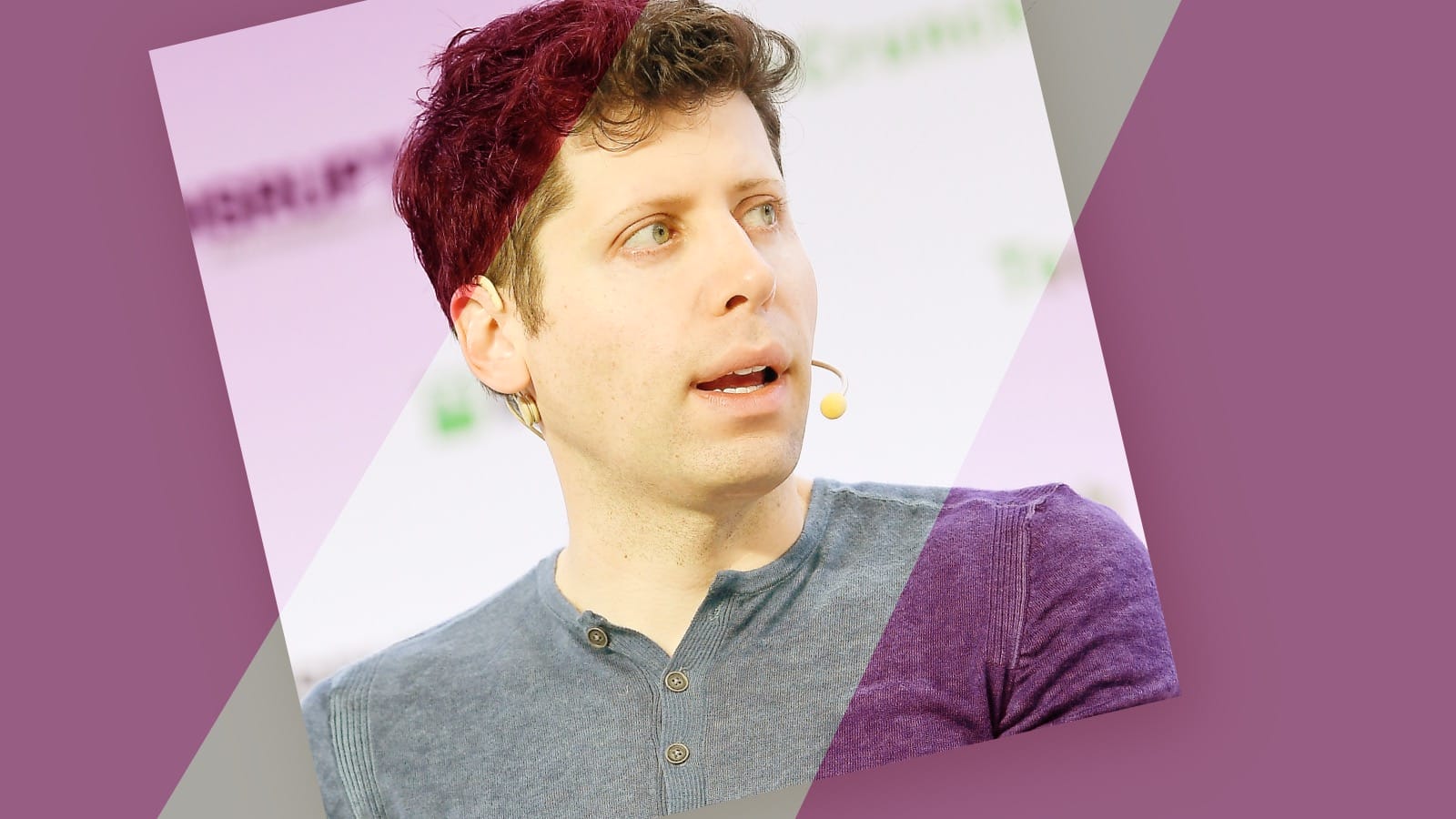OpenAI, the company behind ChatGPT, is undergoing a radical transformation. The former non-profit organization is being transformed into a for-profit company. Critics see this as a betrayal of OpenAI’s original goals of advancing the development of artificial intelligence safely and for the benefit of humanity. The transformation marks the end of the vision of conducting AI research free of financial obligations.
The process of transformation is also complex. OpenAI must overcome legal and financial hurdles, such as the division of assets between the remaining non-profit part and the new for-profit company. It also is raising $6.5 billion in capital. Investors such as Microsoft and Nvidia are expected to participate. The restructuring must be completed within two years, otherwise investors can demand their money back.
Internally, the change has caused considerable tension. Several high-level employees have left the company. There is reportedly dissatisfaction with the prioritization of product development over security research. The corporate culture has also changed, moving from a research-oriented to a product-oriented focus.
OpenAI faces the challenge of managing its rapid growth as well. The company has more than doubled its headcount in a year. At the same time, it must maintain its technological leadership. Competitors such as Anthropic, founded by former OpenAI employees, are catching up. The development of OpenAI’s next major language model, GPT-5, is apparently being delayed.
Some observers call for stronger government regulation of the AI sector to contain risks and protect the public interest. The case of OpenAI illustrates the challenges of balancing ethical principles and economic interests in AI development.
Sources: Vox, Wall Street Journal, Wall Street Journal
Photo Sam Altman: TechCrunch, CC BY 2.0, via Wikimedia Commons | Collage: Jan Tissler
